Key Issues
One might reasonably assume that schools focus on learning, after all when you ask folks “What’s the point of school?” they often say something like “help kids learn”.
But the research shows that learning is rarely a focus of classroom life. The researcher who spent four decades examining key learning issues in classrooms using hidden microphones and cameras entitled his last book “The Hidden Lives of Learners” (Graham Nuthall, 2007).
So we have to identify the sources which take up the space we would wish to give to a focus on learning, spot how they do their dirty work, and then develop our practice keeping them in their appropriate place. I call them “space invaders” (see this publication), and my main three are teaching, performance, work.
Teaching. Take a look at things like “Teaching and Learning Policies”, “Teaching and Learning Strategies”, and so on. Many would better be called Teaching and Teaching Policies! The real attention given to learning is minimal, and they have not spotted that just because a teacher is teaching, does not mean students are learning. So we need a better articulation between teaching and learning.
Performance. Again, performance tests, performance tables, performance management … these inventions have influenced the culture of schools in a way which often creates pressure to perform. But this does not get the best performance: learners with a learning orientation do better than those with a performance orientation (see this publication), and the biggest single variable underlying current patterns of school performance is whether students are self-regulating learners.
Work. Listen out for the word: “Get on with your work”, “Have you finished your work”, “Please Miss he’s copying my work”, and so on. Try substituting the word “learning” where the word “work” is used, and the tensions are clear. The discourse of “work” shifts the locus of agency: as Harrison (8 years) said: “When you work you work for someone else and when you learn you learn for yourself”.
So developing a focus on learning needs the space invaders to be tamed or kept in their appropriate place. It also needs to address long-standing issues in classrooms. Classrooms are like no other social situation: they’re crowded and busy, and this might explain the common emphasis on “control”. The stereotypical view of classrooms has survived since they were invented 5,000 years ago, and classrooms revert to this when subjected to pressure.
Moving away from a dominant culture when it’s restrictive is best achieved by “Appreciative Inquiry” – analyse best experiences, work out how to get more of the best. I have been able to ask thousands of teachers to do this in sessions over the last decade, and then when I ask them to indicate the degree (high to low) that their best experiences of learning in classrooms fitted with our first three headings for effective learning (active, collaborative, learner-driven) about 85% of them give a high rating.
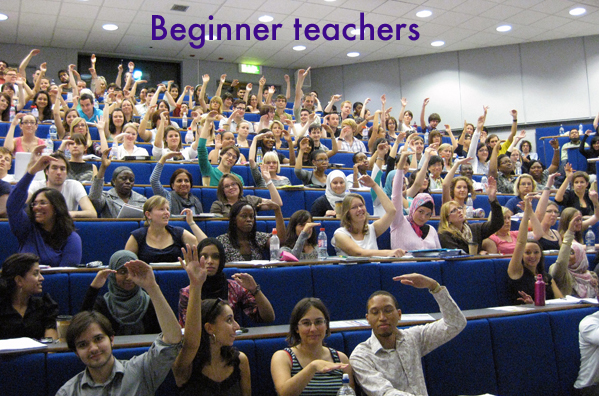
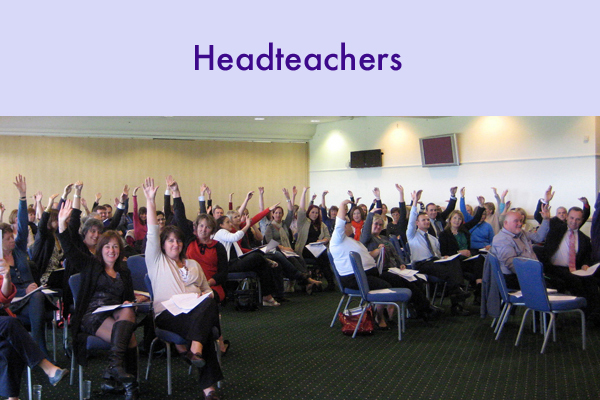
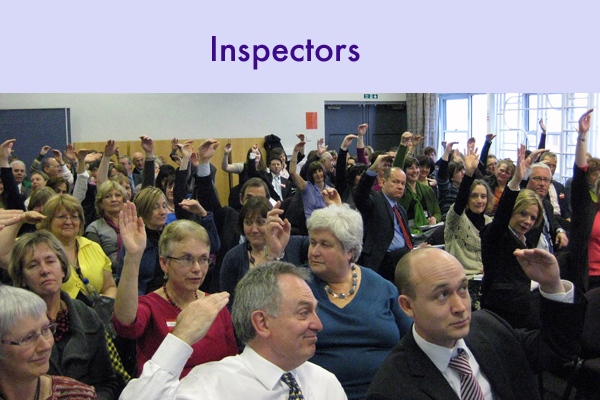
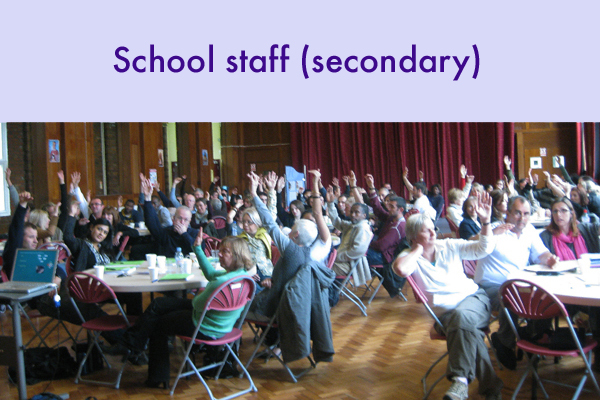
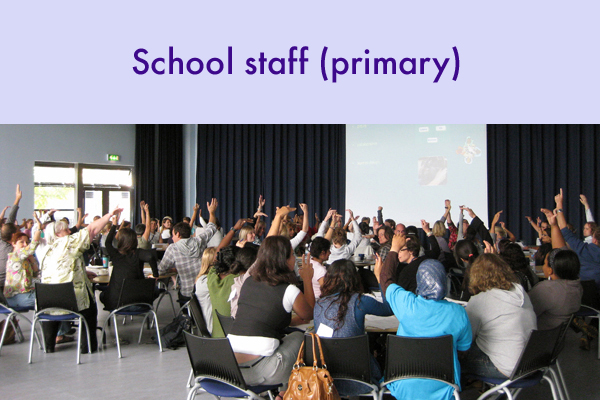
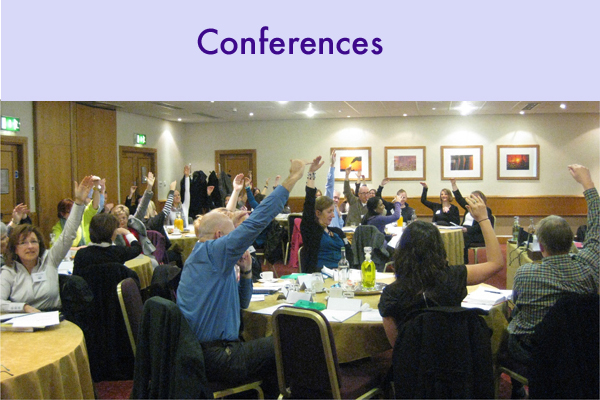
So what is this “effective” learning? From our understanding of learning
Learning is:
– an activity of construction,
– handled with (or in the context of) others,
– driven by learner’s agency.
Effective learning is all of these at their best, PLUS the monitoring and review of whether approaches and strategies are proving effective for the particular goals and context. An effective learner is versatile and can actively utilize different strategies and approaches for different contexts and purposes. (see this publication)
I have come to describe my interest as “developing learning-centred classrooms”, and the three headings above describe a crucial stage in that development – the creation of learner-centred classrooms. If we try to move from teacher-centred classrooms to learning-centred too quickly, without the stage of learner-centred, the change is likely to be superficial, as when teachers try to introduce learning language of their choosing and students sit thinking “Hello, teacher’s been on a course”.
The fourth heading can describe a lovely development of learners’ voices about their learning, building up and sharing their noticing, narrating and navigating of the learning journey (see this publication).
